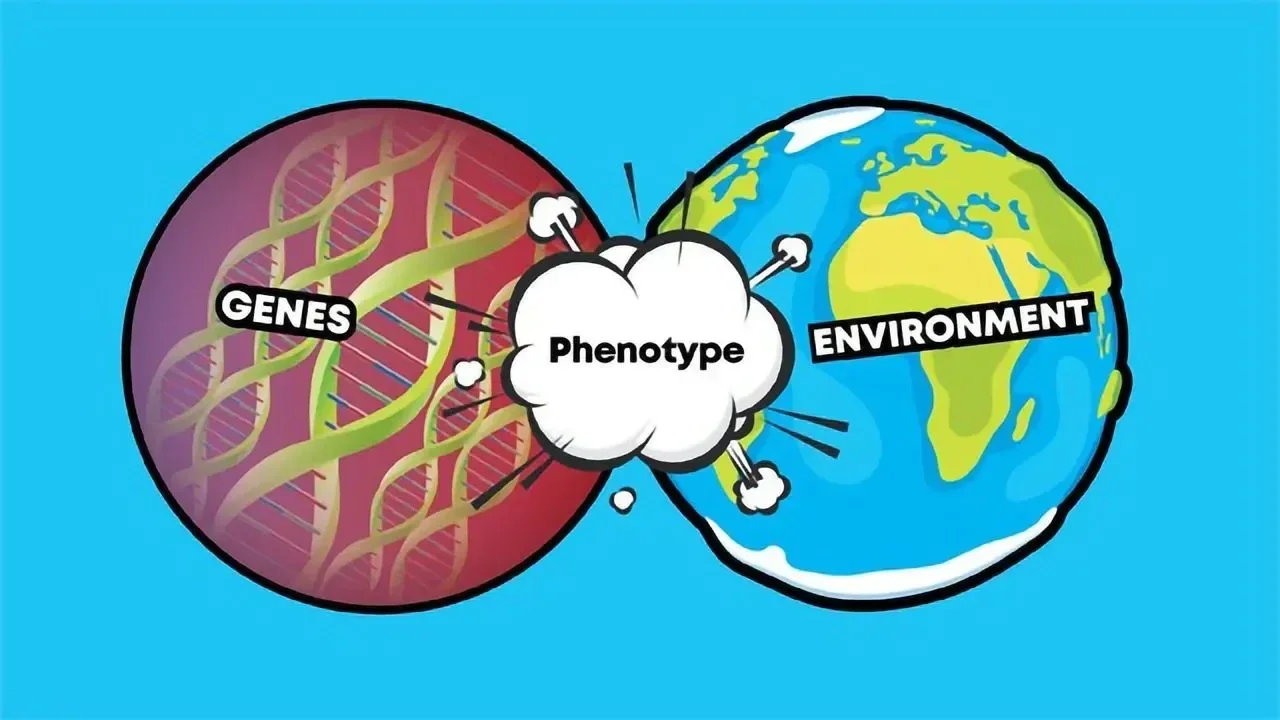Brief Description
- Tourette Syndrome is a neurological condition that causes people to make repetitive, involuntary movements and sounds called tics. It usually starts in childhood, between the ages of 5 and 10. The severity of tics can change over time, but they usually get better in late adolescence or early adulthood. Tourette's does not affect a person’s intelligence, but it can make it hard for them to live a normal life because of social, emotional, and behavioral challenges.

Primary Causes
Tourette Syndrome’s exact cause is still a mystery, but research hints at a mix of genetics and environment. Studies show that brain regions like the basal ganglia, frontal lobes, and cortex might be involved in tic development. Imbalances in brain chemicals, especially dopamine and serotonin, also play a part. If you have a family history of tic disorders or obsessive compulsive disorder, you are more likely to develop Tourette Syndrome. And things like prenatal complications or low birth weight can also increase your risk. Overall Tourette's Syndrome is a complex mix of biology and environment, not just a single cause.

Symptoms
Tourette Syndrome is a condition characterized by motor and vocal tics. Motor tics are sudden movements like blinking, facial grimacing, head jerking, or shoulder shrugging. Vocal tics include throat clearing, grunting, sniffing, or repeating words or phrases. These tics tend to get worse during stressful, exciting, or tired times. To diagnose TS, the DSM-5 needs at least two motor tics and one vocal tic that has been around for more than a year and started before age 18. Many people with Tourette's also have other conditions like ADHD, OCD, or learning difficulties.

Treatment Options
Tourette Syndrome, though there is no cure, has several treatments to help manage symptoms. Behavioral therapy, especially Comprehensive Behavioral Intervention for Tics, helps people identify and change tics. Medications like antipsychotics (haloperidol, risperidone) or those that control dopamine can help reduce severe tics. ADHD or OCD symptoms are often treated with stimulants, antidepressants, or other medicines. Supportive therapy, counseling, and education for families can make it easier for everyone to live and reduce the stigma. In really bad cases, deep brain stimulation might be considered an advanced treatment option.
"Once you understand that someone has Tourette and that they can't help their tics, it takes away the distraction. And you can engage your compassion. You feel for them. You embrace them."
Dylan Mcdermott
Create Your Own Website With Webador